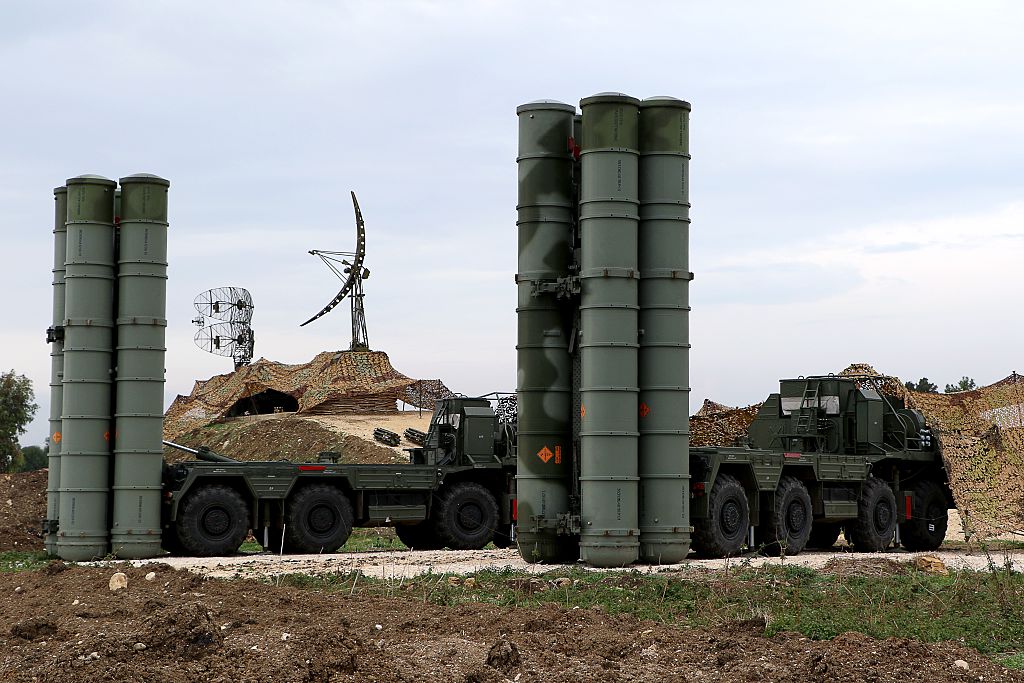- Wednesday, July 02, 2025

By: Shubham Ghosh
THE US has given a message to India that it is “discouraging” it from going ahead with its acquisition of S-400 missile defence systems from Russia. It, however, will have to weigh “important geostrategic considerations” while taking a decision on growing calls for a presidential CAATSA (Countering America’s Adversaries Through Sanctions Ac) waiver to India, US president Joe Biden’s nominee for coordinator for sanctions policy has told the country’s lawmakers.
India signed a $5 billion (£3.6 billion) deal with Russia, one of its old allies and an arms supplier, to buy five units of the S-400 defence systems in October 2018. It did so despite the then Donald Trump administration cautioning that New Delhi might invite Washington’s sanctions.
ALSO READ: Russia starts delivering S-400 air defence missile systems to India
The succeeding Biden administration is yet to clarify whether it will impose sanctions on India under the CAATSA for procuring the S-400 missile defence system.
CAATSA is a tough American law which was brought in 2017 and authorises the White House to impose sanctions on countries that purchase major defence hardware from countries like Russia, one of the US’s old rivals.
James O’Brien, Biden’s nominee for the US state department’s coordinator for sanctions policy was asked at his confirmation hearing on Wednesday (12) if the US experience with Turkey provided any warning or lessons on how to proceed with India.
The US has already imposed sanctions on Turkey under the CAATSA for the purchase of a batch of S-400 missile defence systems from Moscow.
Following the sanctions on Turkey, there were apprehensions that Washington may take similar steps against India.
“I believe they are very different circumstances, and, of course, different security partnerships — but how do you believe we should think about the possibility of sanctioning our friends and not just threats?” Republican senator Todd Young asked O’Brien, a former career employee of the state department.
Responding to that, O’Brien said it was difficult to compare the two situations, with a Nato (North Atlantic Treaty Organisation) ally that is breaking with legacy defence procurement systems, and then with India, a partner of growing importance, but that has legacy relationships with Russia.
“The administration has made clear that it is discouraging India from proceeding with the acquisitions of Russian equipment, and there are important geostrategic considerations, particularly with (unintelligible) relationship to China. So, I think we have to look at what the balance is,” he said.
“And, of course, India’s got some decisions in front of it, so it would be premature to say more. But this is something I look forward to working with you and other interested members,” O’Brien said.
Last November, the Indian ministry of external affairs said the country pursues an independent foreign policy and its defence acquisitions are determined by security interests. The ministry’s words came amid apprehensions over the possibility of American sanctions on New Delhi over the procurement of the S-400 missile systems from Russia which are known to be the Kremlin’s most advanced long-range surface-to-air missile defence systems.